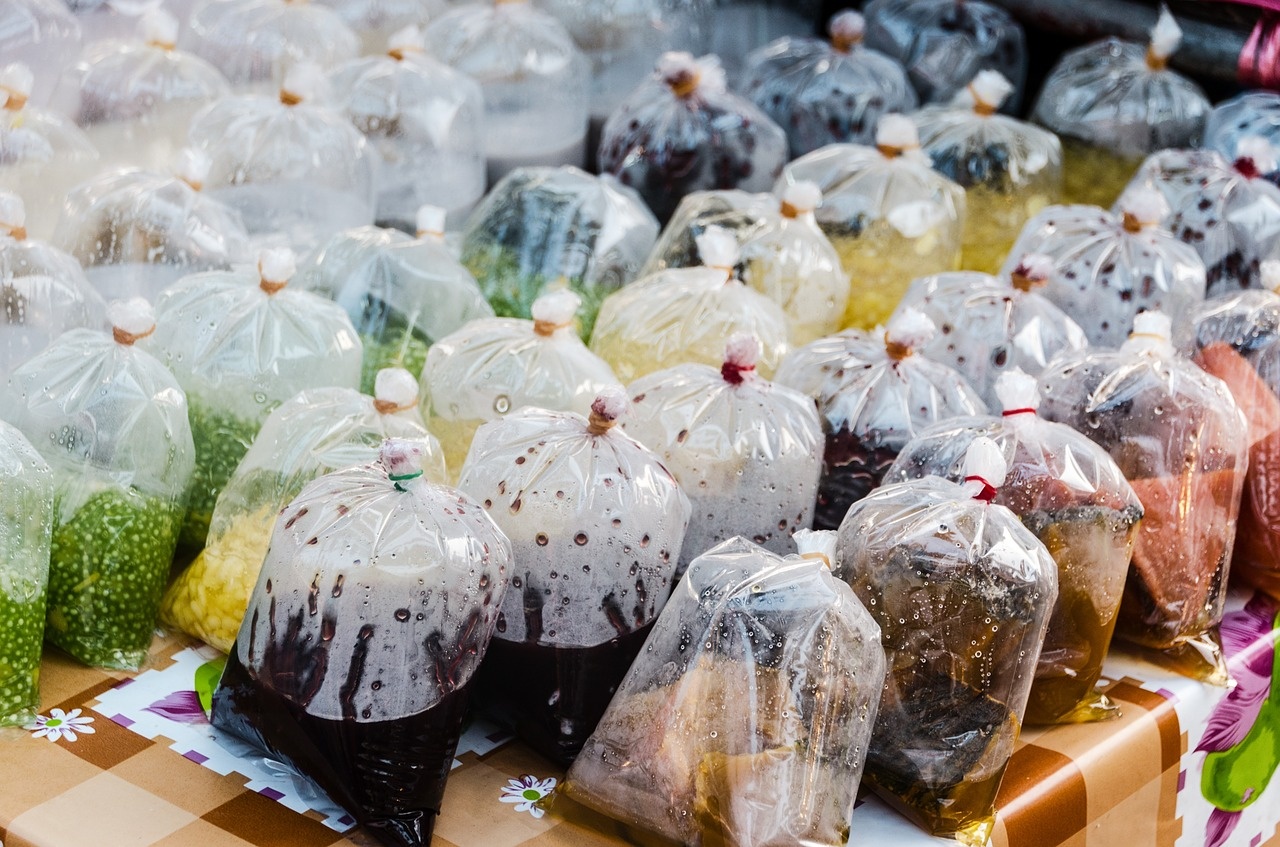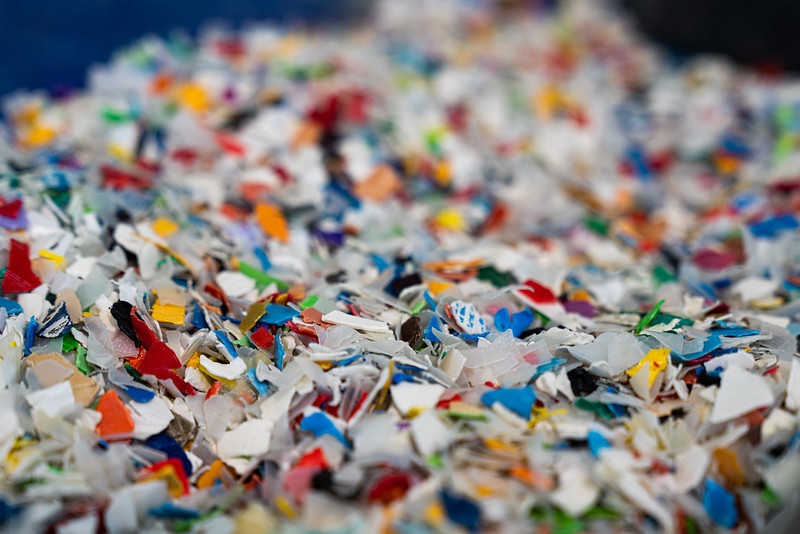
Image credit: Max Pixel
43 major convenience and department stores operators (including Aeon Co. and CP All which owns 10,000 7-eleven stores in Thailand), have pledged to stop providing single-use plastic bags as of 1 January 2020.
Other companies, such as the Mall Group, have been charging customers one baht for plastic bags since July.
This comes under the “Everyday Say No to Plastic Bag” initiative in which the Thai government has banned microbeads, cap seals and oxo-degradable plastics by the end of 2019. They intend to ban single-use plastics such as straws and styrofoam packaging by 2022 too.
According to Greenpeace, Thailand produces 2 million tonnes of plastic waste each year. Out of which, 45 billion are single-use plastic bags. With this new cooperation with retail corporations, the government hopes to save usage by 30 percent. By 2030, the Thai government hopes to have all plastic waste be recycled.
‘Bag Rage’ Phenomenon
However, not all consumers are receptive to the measures implemented.
Tesco Lotus has received many negative comments and fiery debates on their social media. The UK-originated hypermarket has been trying to reduce plastic bag usage for 10 years in Thailand but eventually shelved plans due to customer backlash.
Similarly, in other countries around the world, consumers in Australia reacted violently by abusing Coles’ staff when the company tried to introduce reusable bags for a small cost.
In Singapore, NTUC Fairprice shelved the idea of paying for plastic bags in 2017 when met with negative consumer responses. Yet, after a recent trial, consumers are now more receptive to the idea and it will be extended to next year.
Countries such as Japan and Indonesia have recently implemented a small charge on plastic usage as well.

Image credits: Tony Webster
To test run this new ruling on plastic bags, 7-Eleven has already kicked off a dry run in November. All its stores will cease to give out plastic bags, with the exception for hot foods, wet foods, meats and fruits. They will also start selling fabric-reusable bags for a small price to ease consumers into the ban’s implementations.
It’s unclear how Thailand’s new crack down on plastic use will fare; but hey, it’s certainly a good start to 2020.
Also read: In Rome, You Can Now Pay for Metro Train Tickets With Recycled Plastic





